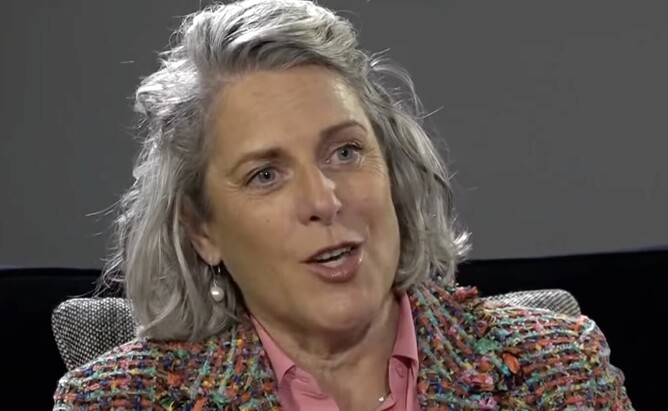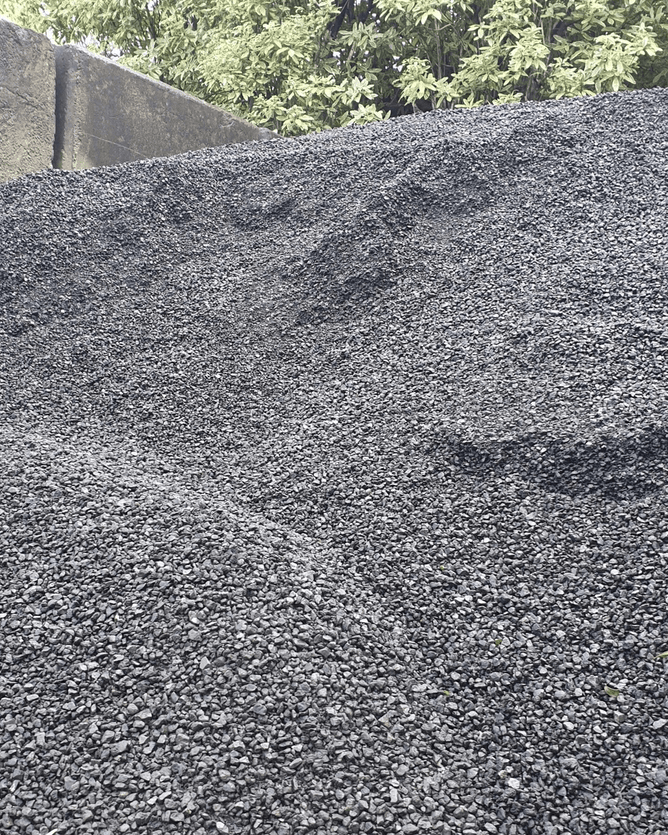In the ongoing global push towards sustainability, New Zealand could potentially adopt pioneering circular construction techniques proven effective in Australia. The usage of recycled road aggregates (RRA) offers significant environmental and economic benefits by reducing the reliance on virgin materials for infrastructure projects.
Speaking on TVNZ’s Q and A program, Romilly Madew, Chief Executive of Engineers Australia (shown below), an expert in sustainable building, points out New Zealand can learn significant lessons from Australian initiatives. "In Australia, we have embedded a recycling-first policy into our procurement processes," Romilly Madew explained. "By using RRA, we've found that 27% of materials for road projects can be sourced from recycled inputs, which not only addresses supply chain issues but also enhances resilience against extreme weather events”.
Australia's proactive stance in integrating sustainability into their infrastructure is not just about environmental benefits but also about practical resilience. "When a flood destroys a bridge, we consider this an opportunity to 'build back better'—considering location, elevation, and materials that could withstand future calamities," Romilly Madew adds.
The benefits of using RRA are manifold, from reducing landfill usage and conserving natural resources to lessening energy consumption during production. Dave Stringfield, Managing Director of Auckland Aggregates, supports this view, highlighting the cost savings associated with RRA. "Using fully tested recycled road aggregates can reduce costs by 25-40% compared to virgin materials, making significant strides in environmental and economic domains," says Dave Stringfield.
Auckland Aggregates RRA 18/6 Drainage Material shown above
This shift is seen not only as a cost-saving measure but as an integral part of a larger commitment to environmental stewardship. "Our approach is to integrate sustainability deeply into our business models. We're not just saving money; we're preparing for a future where sustainability is at the forefront of all infrastructure projects," Romilly Madew says.
The concept of using recycled materials is gaining traction globally, with countries like the UK and various Scandinavian nations leading the way. Australia and New Zealand are keen to follow suit, recognising the dual benefits of cost reduction and environmental protection offered by RRAs.
As both countries continue to refine their approaches to sustainable building, the focus remains on not just meeting current needs but ensuring a resilient, sustainable framework for future generations. The circular economy model advocated by leaders like Romilly Madew is expected to set new standards in construction and environmental responsibility across the globe.
For more information CLICK HERE
ENDS:



